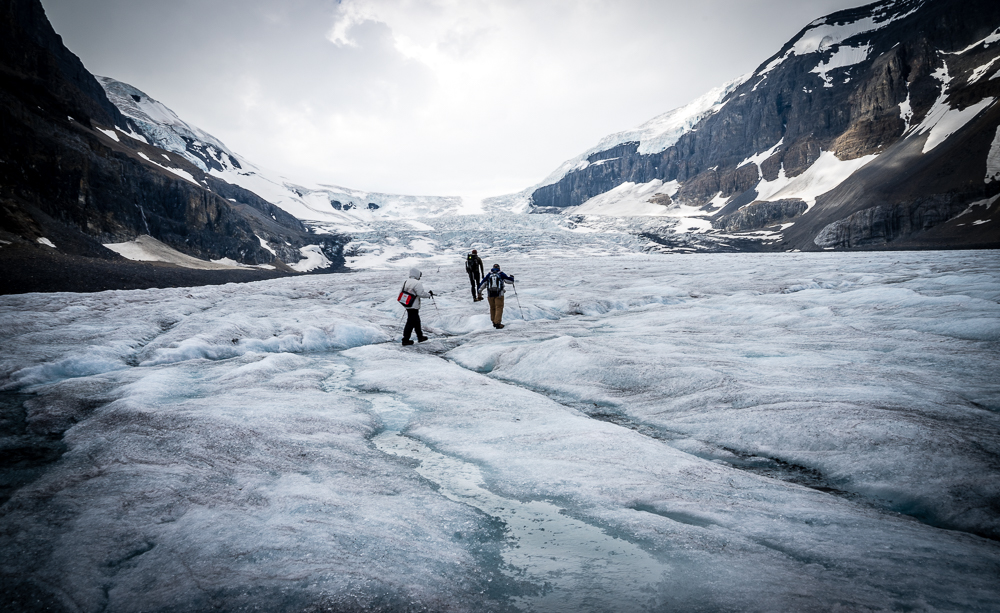Can scientists now predict the future? Maybe not, but some scientists believe they are “in a much better position” on forecasting extreme weather events caused by climate change.
New research out of the University of Saskatchewan is giving scientists the opportunity to forecast the impacts of climate change in Western Canada.
With the completion of a 5 year study, researchers at the university now say they can predict extreme weather events caused by climate change like floods, forest fires and droughts. Advanced measurements of rising temperatures, rapidly melting glaciers, extreme weather events, and changes to the timing and volume of river flows have given researchers this vital information.
The research was conducted by the U of S-led Changing Cold Regions Network.
“We are undergoing the most rapid warming of the planet’s cold regions in the history of humanity,” said Howard Wheater, Director of the Global Institute for Water Security at the U of S. “Monitoring and diagnosing these unprecedented changes and trying to understand what the future holds in Western Canada’s interior is key to the future security of this country and the world.”
Wheater says rapid changes caused by climate change have put tremendous pressure on land, water and vegetation, posing important challenges for society.
According to scientists, average temperatures in northwestern Canada have gone up by as much as five degrees over the past fifty years.
These scientists also say in the last five years all of Canada’s western provinces have experienced the most extreme floods and droughts in recorded history.
In recent years forest fires have raged across northern Saskatchewan leading to mass evacuations and loss of property. Many have pointed to climate change as a possible cause for these fires.
Graham Strickart, Assistant Professor at the U of S school for Environment and Sustainablity and Outreach Coordinator for the CCRN, says this new information will allow scientists to predict what northerners could expect on the forest fire front.
“I don’t think we can say exactly where it is going to burn, how big it is going to burn, or how long it is going to burn, however, science is saying there is a higher likelihood of larger fires,” said Strickart. “As we have seen in recent years those fires are getting bigger, they are burning more area, they are lasting longer, and they are getting harder to control.”
Strickart does say he believes the research that will allow scientists to accurately predict where, how big, and how long forest fires will burn is not far off.
Researchers of the study believe this new information on extreme weather forecasting can save lives and prevent billions of dollars in damages.
“I think the research points to a need to be better prepared..if we are more prepared we can have a much better response,” said Strickart. “There’s a saying that one dollar of preparation is much better spent then one hundred dollars of recovery.”
The findings of the research from the U of S will be presented in the documentary, The Changing Climate and Environment of Western Canada. The documentary will be screened Tuesday night in Saskatoon at the Roxy Theatre.
(PHOTO: A poster for the documentary The Changing CLimate and Environment of Western Canada. Provided by the U of S.)
